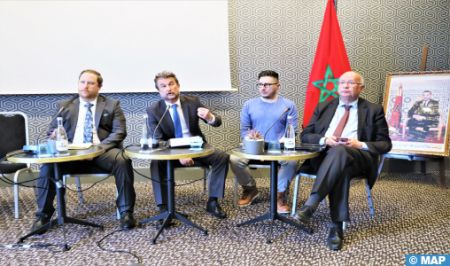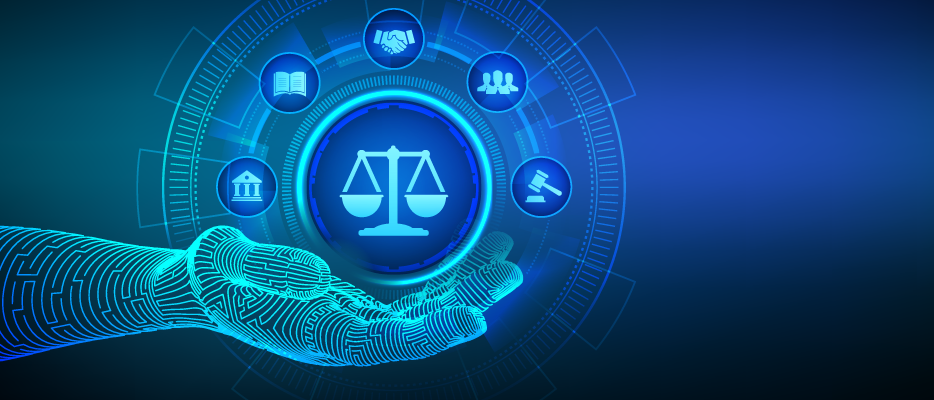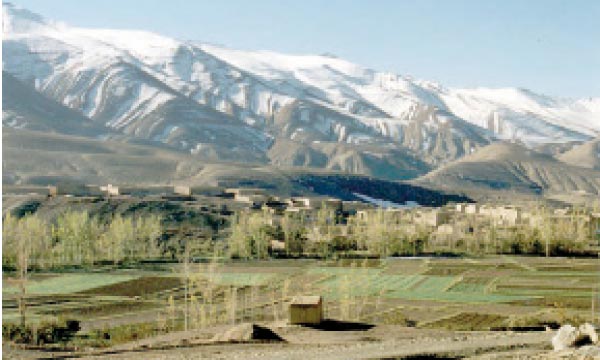North American lawyers specializing in handling cybersecurity cases highlighted, Saturday in Tangier, the legal inadmissibility of the “pseudo-evidence” contained in reports by Citizen Lab, Amnesty International and Forbidden Stories regarding the alleged use of Pegasus software by some countries.
This came at a hearing organized by Morocco’s Personal Data Protection Committee (CNDP) with the participation of scores of national and international technical experts, willing to present and share their analyses and conclusions, based on rational methodologies and proven facts.
The American lawyer at the New York bar, Tor Ekeland, explained that the so-called evidence provided by these organizations was “inadmissible” by a US federal court because it was based on “junk science.”
“The first thing a US court does in reviewing scientific evidence is to see if that evidence meets the principle of reproducibility,” he said. However, he noted, the Citizen Lab results are not reproducible in any way, which is in itself a “red flag”.
Moreover, he added, “the first thing I noticed in this case is the particularly vague and ambiguous nature of the conclusions of Amnesty International (…)”
The report of these organizations merely cites “traces” of an alleged Pegasus presence, without giving any explanation as what these traces mean, Ekeland noted.
“What Amnesty and Citizen Lab are doing is, in my opinion, very dangerous, because they are promoting a kind of junk science and making accusations that they can’t back up (…),” he said.
New York-based Canadian lawyer Michael Hassard, who also specializes in computer science, explained that when scientific evidence is submitted for analysis, it can often be subject to “confirmation bias”.
“When fingerprints were first used in forensics, they were subject to this confirmation bias, and the same thing happened with hair analysis, dental records and even DNA analysis,” he recalled.
In this regard, he cited the book dealing with this issue and published by the lawyer of the American organization The Innocence Project, Chris Fabricant, entitled “Junk Science and the American Criminal Justice System”.
Scientific methods of analyzing evidence in cybersecurity and computer science are relatively new and far from foolproof, Hassard stressed.
The two lawyers concluded that it is important to establish ethical standards when it comes to methodologies in such cases.
US Computer Scientist Jonathan Scott on his part affirmed that Morocco is beyond reproach in the Pegasus case.
Scott underlined the methodological and scientific shortcomings in approaches by Citizen Lab, Amnesty International, and Forbidden Stories, which led them to adopt incorrect results.
He explained that analyzing an iCloud backup from the alleged victim’s phone is insufficient evidence to determine the existence of malware, and that only a complete examination of the physical phone can lead to the detection of a spyware.
The U.S. expert revealed the futility of MVT utilized by Citizen Lab to accuse Morocco of using Pegasus.
When Amnesty International discovered the MVT fault, it simply removed the expression “false positives” from its reports without informing the public, Scott said, adding that he has the original, unmodified version.
He said that Morocco is being accused of serious acts and is being denied the ability to defend itself, notably the ability to examine the evidence.
In the same vein, Head of CNDP Omar Seghrouchni said that the Pegasus accusations are “based on erroneous technical assessments” and premature assumptions in an attempt to accuse specific countries.
In a related development, Irina Tsukerman, a human rights and national security lawyer and president of U.S. media consulting firm “Scarab Rising”, refuted Forbidden Stories’ accusations against Morocco, describing the organization as being an unreliable source.
In an interview with weekly “Maroc-Hebdo”, the lawyer affirmed that she has studied the methodology used by Citizen Lab, Amnesty International, and ACCESS NOW, and noted that their reports are vague, and lack transparency, verifiability, and independent peer review.
She added that these organizations were unable to conduct an independent evaluation of the so-called Pegasus-infected devices and, in many cases, failed to identify the devices.
On independent investigations by media outlets, she said that many journalists have a natural bias against specific governments and people.
In this regard, she explained that Morocco is a common target of such tendencies due to its phosphate industry, pro-Western policies, and close defense cooperation with the USA. Furthermore, the geographical position and sea borders of Morocco make it a target for parties seeking to destabilize the country.
Tsukerman went on to say that the monarchy has many foes, including oil-rich Algeria, which is ruled by an internationally influential authoritarian junta.
She added that these anti-Morocco campaigns are mere attempts to isolate Morocco from its expanding political clout on the back of cooperation with the United States and as a result of the Abraham Accords.



